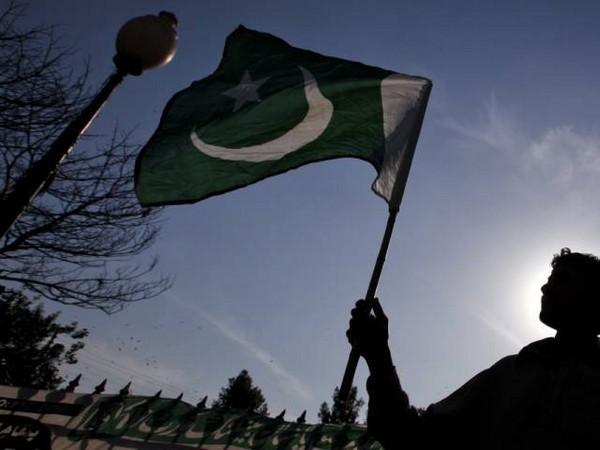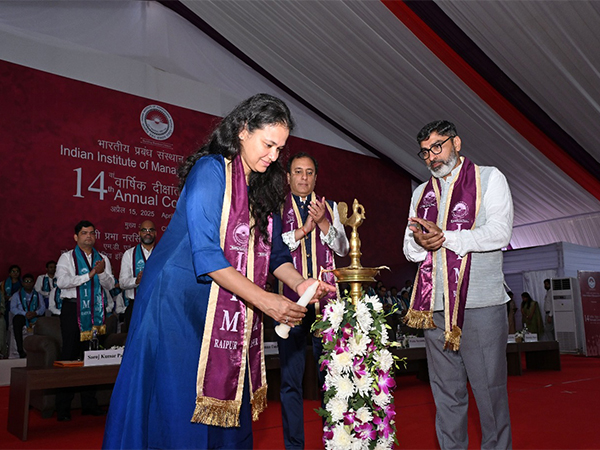All-female panel discussion aired by Afghan broadcaster on International Women's Day
Mar 09, 2023

Kabul [Afghanistan], March 9 : To mark the occasion of International Women's Day, Afghani broadcaster TOLOnews aired an all-women's panel discussion. This discussion came at a time when many Afghan women are deprived of their rights including access to education and to work, ever since Taliban took over.
In a special programme, the position of women in Islamic rule was discussed by journalist Ayesha Sharifi with special guests- university professor Zakira Nabil, defender of women's rights Angha Amin, another journalist Asma Khogiani. Bashir Ahmad Al-Hanafi, a religious scholar too joined the discussion virtually.
Notably, Taliban returned to power in Afghanistan in 2021, at least 20 years post they were ejected by US troops. The women's rights have been neglected, ever since, under their harsh rule.
In November, last year, Taliban intrusively disrupted a women's press conference held in the Dasht-e-Barchi area and also arrested several women journalists, reported Khaama Press.
The terrorist outfit disrupted the event and took the women human rights protestors to an undisclosed place.
According to Reporters Without Borders, only 328 of the 547 media outlets that were active in Afghanistan prior to the Taliban's takeover are still operating, with 219 print, visual, and aural outlets being shut down under the Taliban rule, reported Khaama Press.
The transfer of power from a west-supported government to the Taliban saw many changes in the way institutions were working for the past twenty years.
Since the Taliban took over Afghanistan in mid-August last year, it rolled back women's rights advances and media freedom revoking the efforts on gender equality and freedom of speech in the country.
According to a report by the South Asian Media Solidarity Network (SAMSN) over 45 per cent of journalists have quit since the terrorist outfit assumed power.
The ever-increasing restrictions against media in Afghanistan have also drawn widespread criticism globally with the United Nations (UN) and the Committee to Protect Journalists (CPJ) decrying the arrests, demanding the Taliban stop harassing local journalists and stifling freedom of speech through continued detentions and threats.
The Taliban had promised women's rights, media freedom, and amnesty for government officials in the group's first news conference after the takeover in August. However, activists, former government employees, and journalists among others continue to face retribution.




















